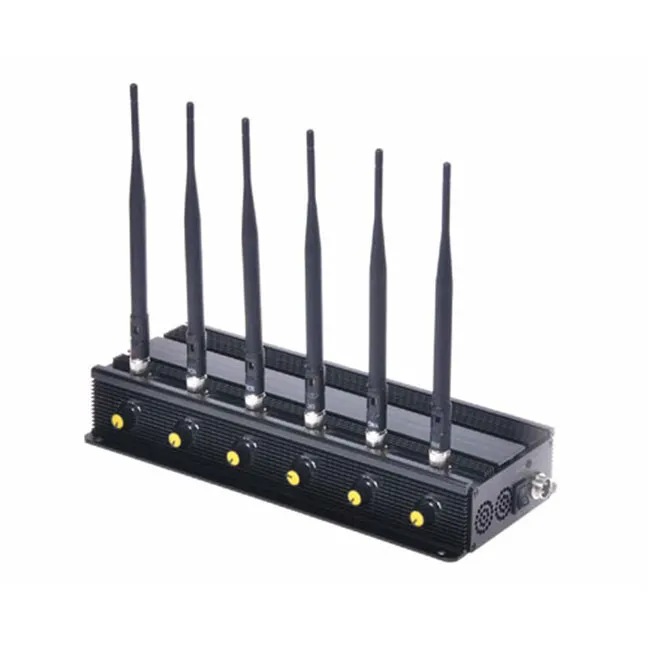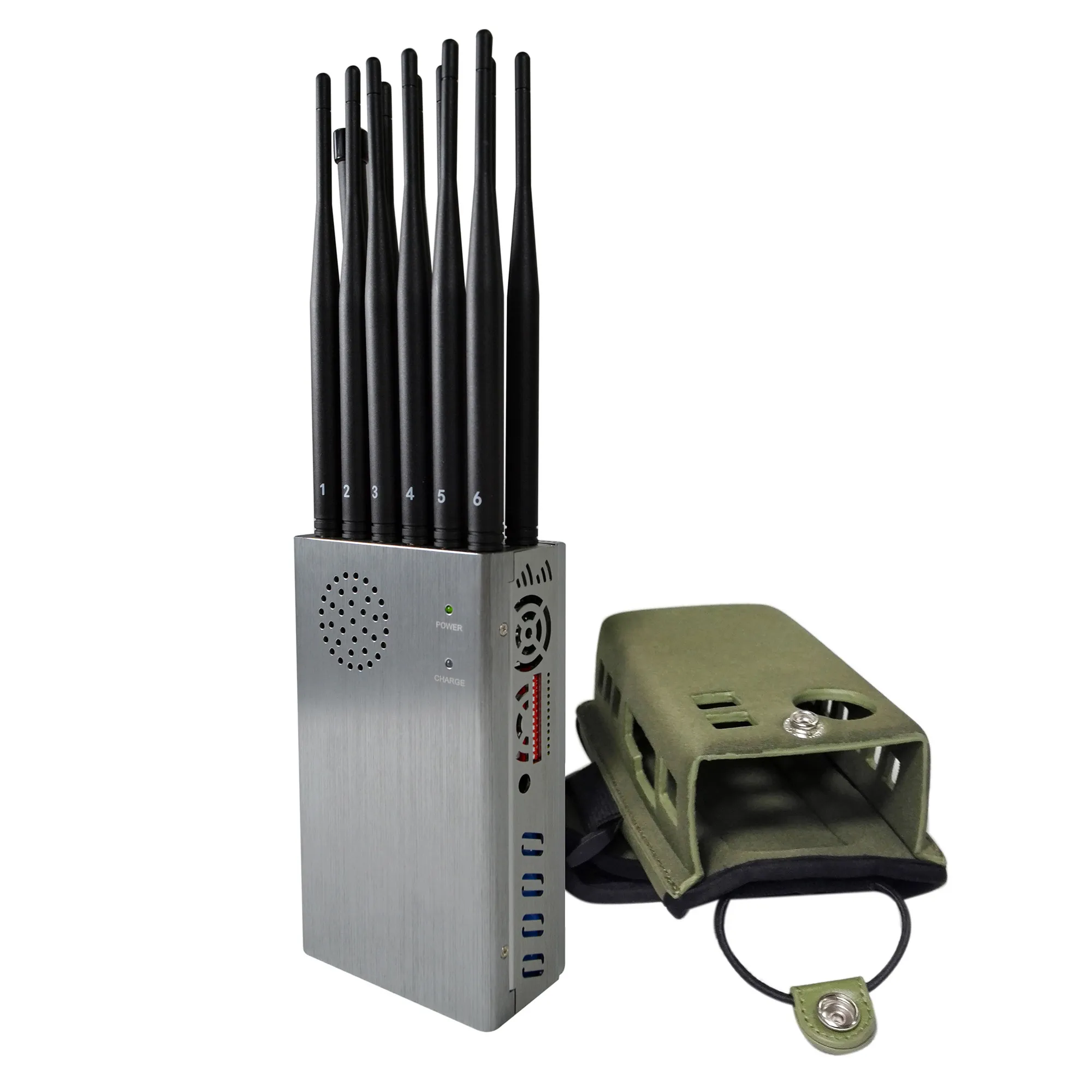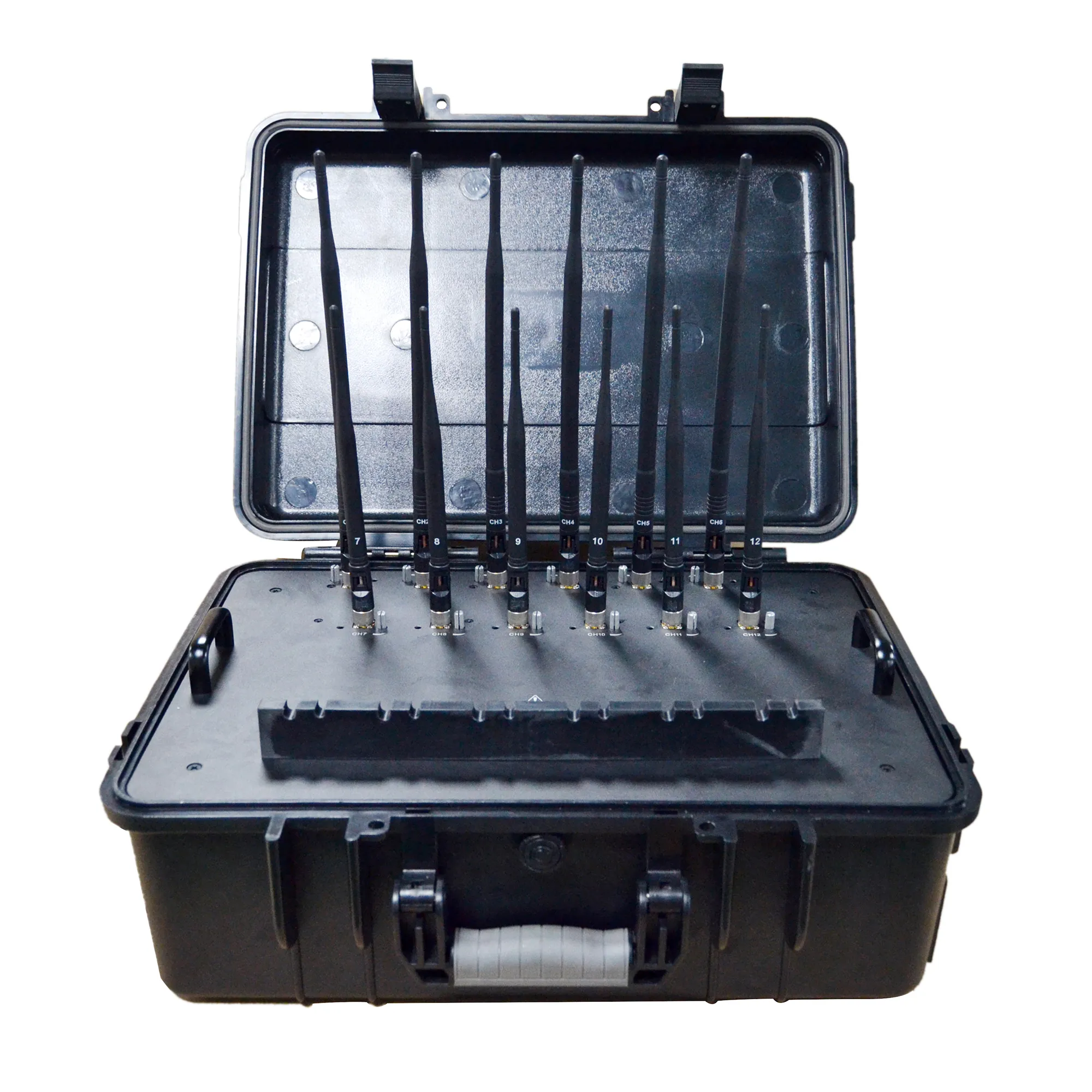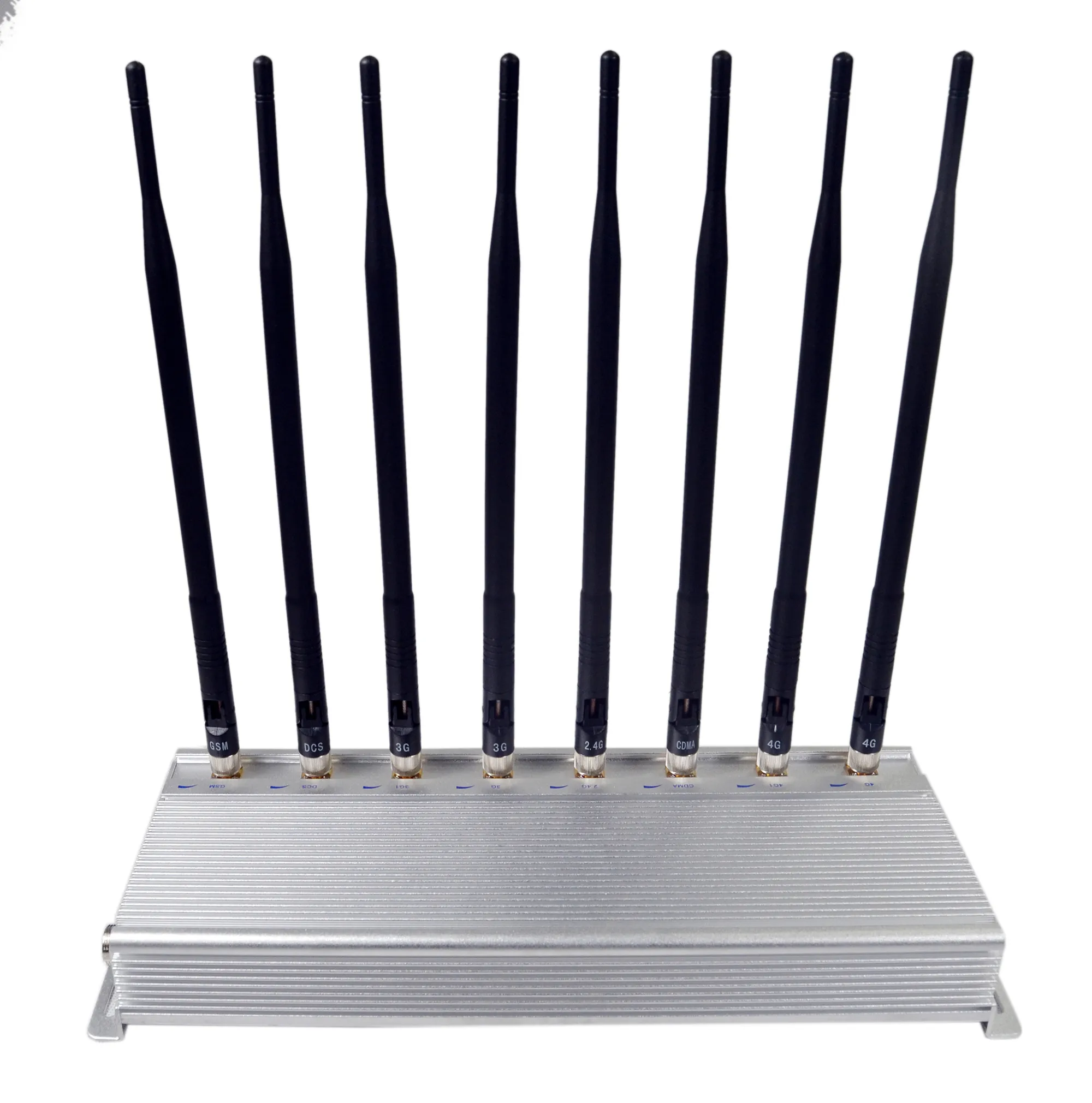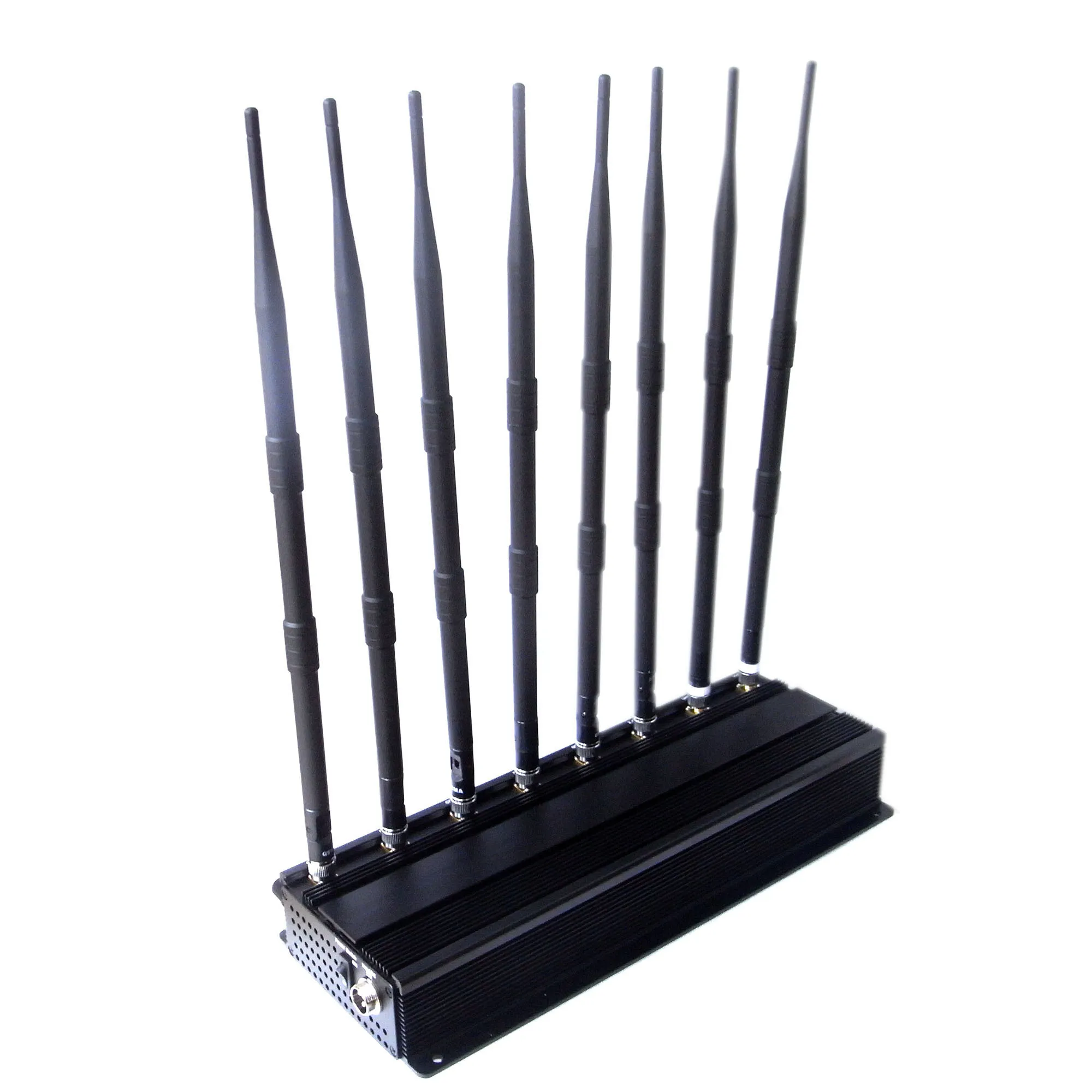
According to the FAA, in the next few days, the GPS system may be unreliable or unusable due to military test exercises. This sport requires several hours of GPS jammer during the activity.
The FAA says that navigators, ADS-B, and other GPS-related services may be affected by a maximum of 400 nautical miles during a class 400 flight, with a maximum radius of 180 nautical miles at 50 feet above. On the ground.
The next dates for the exercise are as follows:
Saturday, January 18, 2020, 12 pm to 7 pm Thursday, January 23, 7 am to 7 pm Friday, January 24, 6:30 am to 7 pm
Pilots are encouraged to report abnormal situations in accordance with paragraphs 1-1-13 and 5-3-3 of the Aeronautical Information Manual (AIM). You can submit a report using this online form.
The Aircraft Owners and Pilots Association reported on similar incidents last year and stated that they are aware of hundreds of reports of GPS Jammers in such incidents. "She thinks it is very concerning.
AOPA reported that an aircraft lost its navigation capability and resumed flight only after landing. Other reports indicated that this route drifted and entered military airspace.
What does this mean to us?
The good news is that it will not affect the navigation systems in our cars or the maps we use on our phones.
However, pilots taking off and landing commercial airliners at RSW will need to take precautions. However, GPS jammers are actually something they train and prepare to deal with.
Flying an airplane requires training, and training includes knowing how to fly without GPS.
"In the training to become a pilot, you not only learned GPS navigation, but also the radio navigation we used before GPS," said Wayne Merrill, a retired Air Force and Delta pilot.
The same is true for everyone in the field. We used to move around in cars without GPS, but it was more reliable and convenient.
When a GPS jammer was needed for military exercises, Merrill Lynch explained the pilot's situation.
He said: "You can still use GPS, but you need to be aware that it may not be accurate."
These exercises teach the pilot precise knowledge and can navigate without GPS.
For the military, this is routine and routine. Although all pilots are trained for this, it does not mean they like it.
In a survey conducted by AOPA in 2019, more than 64% of 1,200 pilots said they were concerned about GPS interference.
"In these incidents, when the aircraft loses the GPS signal, it may lose its ability to navigate on its own, and in some cases, it will continue to fly to restricted areas where it should not fly," Rune Duke said. , Senior Director of Government Affairs of AOPA. .
Therefore, commercial pilots are familiar with this exercise, and all the major airlines we spoke to said that they did not expect any problems.
The pilot’s defense team expressed concern that continued GPS jammers might cause problems for inexperienced pilots.





